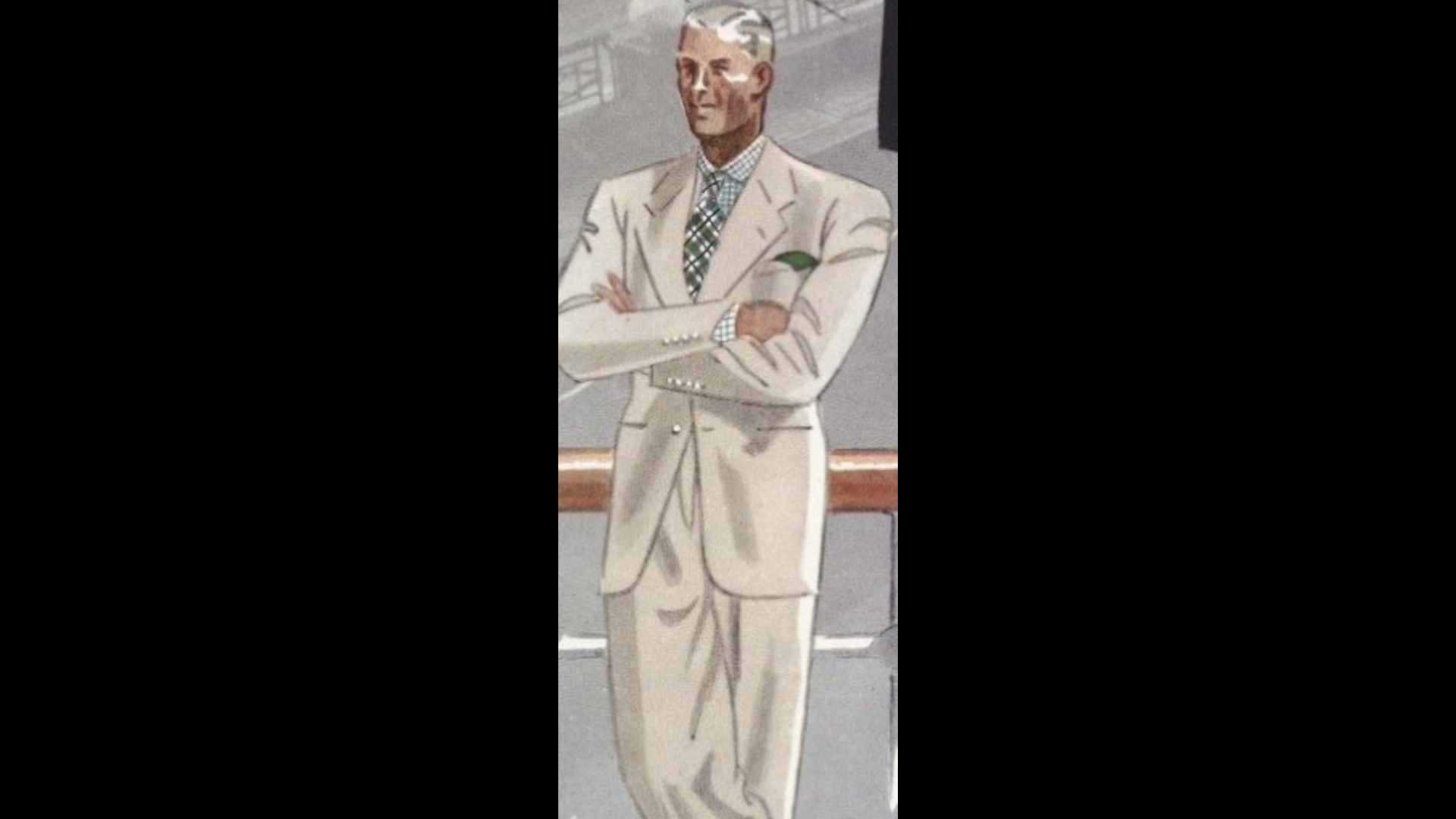MY BOSS, THE INTIMIDATOR
Xerox gave me a chance to earn my way in the world when they promoted me from secretary to marketing specialist in the branch office in Harrisburg, Pennsylvania. In this new dream job, I focused hard on establishing my own brand of excellence in my work. The hours were long and the travel was demanding, but I loved the new role and was grateful for the opportunity to test my mettle.
The only point of disharmony was my boss, whom I will call Bob. I was intimidated by him.
Although he was located two hours away in Baltimore, Maryland, I could always feel his outsized presence. He could be tough, impertinent, and aggressive. At times, he was a downright bully. Former Army Special Forces, Bob was handsome, big, and pulled no punches. He could tell you off in a heartbeat and not give it a second thought. You were expected to be tough enough to take it and move on. Bob was a good salesman and his solid results had gotten the attention of Xerox leaders who promoted him to his current role of district sales manager for Pennsylvania and Maryland. Bob’s aggressor style was somewhat mitigated by his endearing vulnerabilities. Deep down, he wanted folks to like him and, at times, he was very good-natured. At other times, he just couldn’t get out of his own way.
Bob brought his sales and marketing team together for meetings in Baltimore. During one of our business meetings, Bob announced he was taking all of us for dinner that evening to The Palm. As soon as he spoke the words, the room took on a buzz of excitement as the entire team expressed how pleased they were to be going to this upscale and revered restaurant. The Palm was known for its huge lobster tails, a rare treat on my budget. All day I anticipated the sweet taste of lobster with warm, creamy, melted butter running down my chin.
That night at dinner, almost everyone on the team ordered this succulent crustacean. While I was away from my spot at the table talking with a team member, my gigantic lobster tail was delivered by the meticulous white-gloved server. Before I could get back, one of my colleagues took his fork, speared my luscious lobster tail, and ate all of it in several large bites. He didn’t even take time to dip it in butter. Very pleased with himself, he laughed uproariously. Some team members nearby laughed with him while others looked aghast at such an obvious breach of etiquette. All I could do was stare at him in stunned silence from the other side of the table as he crudely and noisily gulped down my dinner. Bob scolded him and ordered another lobster tail for me. If Bob hadn’t chuckled while giving the admonition, his words might have meant more.
After a very long wait, my new lobster tail finally arrived. This time, I was guarding my spot at the table as the server placed it in front of me. I raised my fork and knife to take a big bite when, suddenly from across the table, a female colleague loudly pointed out that the server had given the beautiful lobster to the wrong person. She claimed it was hers. Indeed, her lobster order had not been delivered. Bob agreed with her and then scolded me for presuming it was mine. Did he forget he himself had ordered it for me? The attentive server scooped up my plate and scurried to the other side of the table before I could stick a fork in my long-awaited dinner. I will always remember almost having lobster dinner in The Palm in Baltimore, Maryland. After the second failed attempt to enjoy a succulent lobster, I let it go. It was one of the best decisions I made in my young career. It would not serve me well to focus on pettiness, despite how rude and unfair it seemed or how disappointedly hungry I was when I left the restaurant.
Life with Bob continued to have its memorable moments. During a product demonstration in the Harrisburg branch office, I painfully learned another lesson in what not to do. We were meeting with an influential customer, and Bob made the two-hour trip from Baltimore to personally conduct the demonstration. His style with customers was effective most of the time. He was confident, bold, and unafraid. But on this day, things went awry.
Just like we were taught, I had prepared well for the customer’s situation, and all was going smoothly until Bob and the customer got into a dust-up about which product best served the customer’s needs. The 800 series of word processors had several models to choose from. Bob insisted it was one model while the customer kept insisting it was another model, a slight half-step in difference. For reasons known only to him, Bob could not accept the customer’s product choice. Things were getting tense, Bob was getting agitated, the customer became agitated, and I got nervous. Finally, Bob ended it all by saying to the customer, “If you don’t take the product I’m recommending, I will not sell you the other product.” That’s when I gasped. Bob shot me a menacing look that signaled his keen displeasure with my outward expression of shock. I knew I was in for it. The meeting ended abruptly.
After Bob returned from walking the customers to the door, he lit into me with angry words close to this: “Don’t you ever, and I mean ever, do that to me again. How dare you embarrass me in front of those customers. I knew what I was doing. You were out of line. Do you hear me? Never again!” Before I could answer, beg for forgiveness, apologize, or grovel for my job, Bob grabbed his briefcase, walked out of the demo room, and left the building. I sat there in stone silence trying to reconcile what had just happened. My heart was pounding and I feared I would be fired. That new car, the result of my substantial raise in salary, seemed in jeopardy. All I could think was, “Oh, no! What if I have derailed my career! What if I lose that beautiful new car!” Things looked bleak and I regretted my reaction.
Bob’s statement to the customer was not illegal or immoral, but I flinched because it seemed unprofessional and in poor taste. In fact, I still believe it was inappropriate and not something others should emulate. Bob’s bravado was the capstone of an ego war that escalated between Bob and the customer. Had I not been such a rookie, I might have had the resources to help diffuse the tension by offering input important to the customer or to accept the present moment as it unfolded without my shocked reaction. Accept does not mean agree. By accepting and not resisting what is happening in the moment, I could have remained emotionally regulated and poised. I would have had time later to talk with Bob about his approach and where he intended going with it. I could have possibly provided feedback or at least shared my own views on propriety. But I did react and now I had to live with the consequences.
Days turned into weeks and I felt frozen out of Bob’s leadership sphere. I didn’t know what to do other than continue to stay focused on my work and customers, continue to be a team member who submitted the required paperwork on time and in perfect order—a point Bob previously found praiseworthy, and continue to keep my nose to the grindstone. Not once, however, was the issue with my boss far from my mind. I couldn’t relax or feel like everything was okay. After many days of isolating me, Bob called on the phone and was back to his natural, lively self. We moved on, and I breathed a huge sigh of relief. But I felt as if I had lost something important with him…trust. It weighed on me.
A few months later, I learned Bob was traveling to Geisinger Medical Center to observe my presentation to customers. I worried for days about what he might say once inside the presentation room. Would he be well behaved or would he be unpredictable and outspoken. I feared I would be embarrassed in front of the customers who now trusted me. I didn’t want Bob to ruin things, and I prayed that his busy schedule would not allow him to come. But he did travel all the way to northern Pennsylvania from eastern Maryland and sat in the back of the room while I led the group of customers through a product technology session. I was self-conscious even before he entered the room.
From the moment he arrived and sat down, he didn’t take his eyes off my interaction with the class. I couldn’t believe it, but it appeared he was pleased with what he saw. The 800 word processing operators in the course were engaged, interested, and involved. I presented the product’s features, advantages, and benefits as well as Bob could. The personalized examples I pointed out specifically for the Medical Center only enhanced the interest of the class and Bob’s approval. From that time on, my aggressive boss was my champion and openly praised my work to his superiors and my peers in Xerox.
Our fears can limit us and we need to fight them. Back then, if I had been given a chance to opt out of having Bob observe my work, I would have taken the out. It would have been a huge mistake, because it wasn’t long before I made another move up the corporate ladder with Bob’s endorsement paving the way. There was no one more supportive than him of my promotion into my next role, a position with nationwide impact.
Indeed, our past mistakes do not define us. Follow me next time as I make the move to a suburb of Washington, D.C., and the position that turned me inside out and upside down before I landed squarely on my feet in the role that distinguished my career and professional style.





What People Are Saying